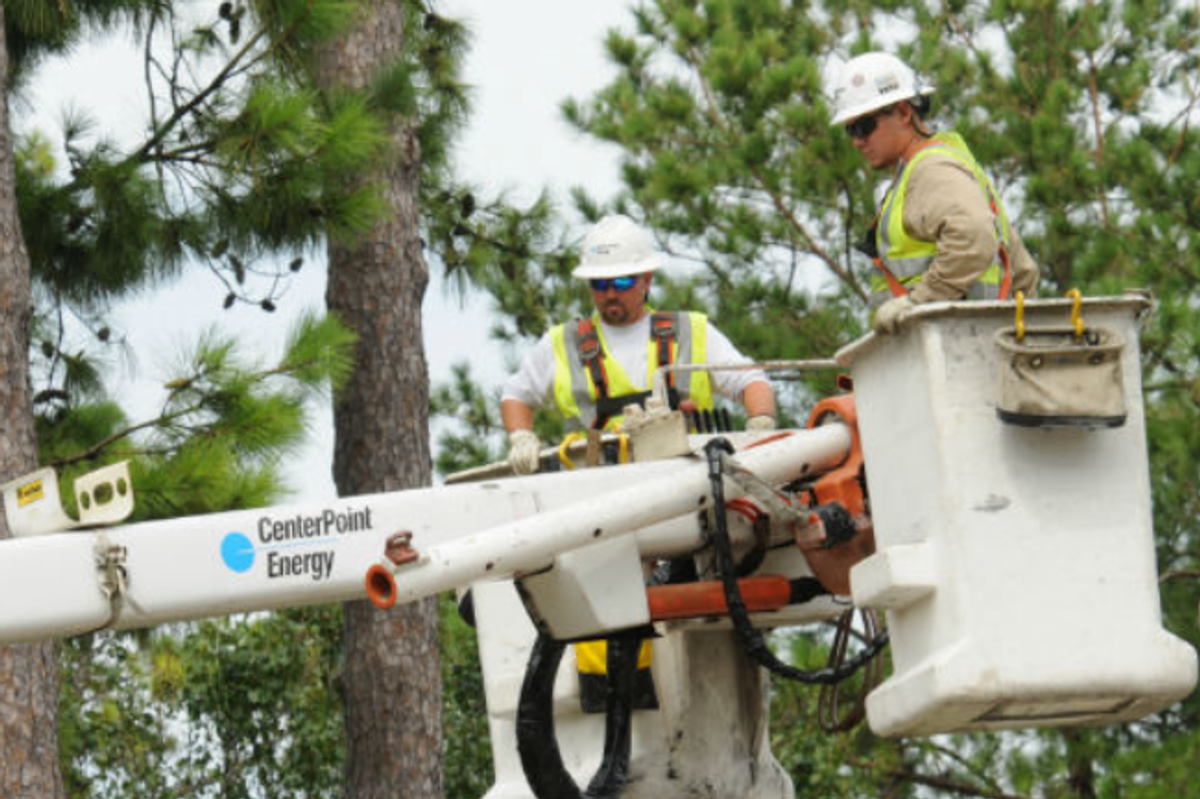CenterPoint and partners launch AI initiative to stabilize the power grid
AI infrastructure
Houston-based utility company CenterPoint Energy is one of the founding partners of a new AI infrastructure initiative called Chain Reaction.
Software companies NVIDIA and Palantir have joined CenterPoint in forming Chain Reaction, which is aimed at speeding up AI buildouts for energy producers and distributors, data centers and infrastructure builders. Among the initiative’s goals are to stabilize and expand the power grid to meet growing demand from data centers, and to design and develop large data centers that can support AI activity.
“The energy infrastructure buildout is the industrial challenge of our generation,” Tristan Gruska, Palantir’s head of energy and infrastructure, says in a news release. “But the software that the sector relies on was not built for this moment. We have spent years quietly deploying systems that keep power plants running and grids reliable. Chain Reaction is the result of building from the ground up for the demands of AI.”
CenterPoint serves about 7 million customers in Texas, Indiana, Minnesota and Ohio. After Hurricane Beryl struck Houston in July 2024, CenterPoint committed to building a resilient power grid for the region and chose Palantir as its “software backbone.”
“Never before have technology and energy been so intertwined in determining the future course of American innovation, commercial growth, and economic security,” Jason Wells, chairman, president and CEO of CenterPoint, added in the release.
In November, the utility company got the go-ahead from the Public Utility Commission of Texas for a $2.9 billion upgrade of its Houston-area power grid. CenterPoint serves 2.9 million customers in a 12-county territory anchored by Houston.
A month earlier, CenterPoint launched a $65 billion, 10-year capital improvement plan to support rising demand for power across all of its service territories.










 Acquisitions and agreements fuel the top Houston energy news to knowCatch up on our top news for the first half of February. Courtesy photo
Acquisitions and agreements fuel the top Houston energy news to knowCatch up on our top news for the first half of February. Courtesy photo


